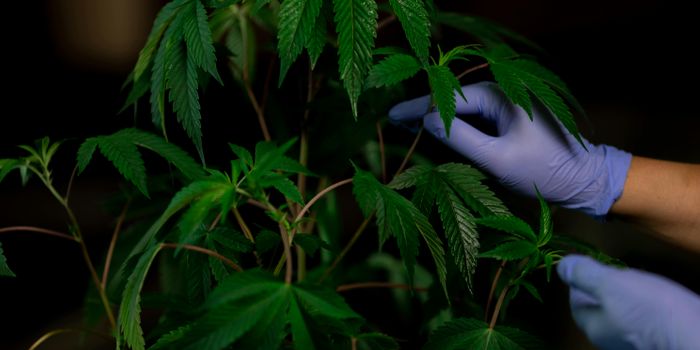Flashback to October in Florida, when a bear hunt was organized to manage population sizes. Black bear populations reportedly surged from 700 in the 1970’s to an estimated 3,000 today in Florida, the third most populous state in the country, prompting Florida’s Fish and Wildlife Conservation Commission (FWC) to initiate a limited hunting season for black bears. This was the first time that a hunt for black bears would be opened in 21 years. 3,778 people bought permits, with the proceeds from the $100 licenses supposedly going to fund waste management programs in Florida that were meant to help cut down on human-bear conflicts. The hunt was called off when 295 bears were killed after the first two days, almost the number that Florida’s Fish and Wildlife Conservation Commission had anticipated for the entire week (320 individuals). Two of the state’s four open hunting regions hit their limits on the first day.

There was much controversy over the hunt, and the predicted sides of conservation activist vs. pro-hunter both took shots. The Washington Post explains: “Adam Sugalski, the campaign director for “Stop the Florida Bear Hunt,” called the bear hunt “undemocratic, unscientific, and immoral.” The Florida chapter director of Humane Society of the United States wrote that the FWC’s reasoning for the bear hunt “ignores science,” noting that black bears were listed on Florida’s Endangered and Threatened Species List as recently as 2012. A state judge who denied an injunction to stop the hunt agreed that much of the science that FWC was using to justify it was weak.”
However, many of those who were in favor of the hunt cited the increasing number of human-bear conflicts as the main reason for the its necessity. It is true that encroachment from human development has left bear populations, as well as Florida’s other large predators, shall we say, out in the open. In some parts of the state it is not unheard of to see a black bear roaming down the street.
Wayne Pacelle, president and CEO of the Humane Society of the United States, said, “In a state that has seen such explosive human population growth, the bisection of so much habitat means that any wide-ranging apex predator is going to have difficulty making a living in that matrix of development.”
However, this of course begs the question: when we are the ones encroaching, why aren’t we the ones adapting? Activists argue that there are many non-lethal strategies that effectively mitigate conflicts between bears and people, particularly waste management (seal your garbage cans, folks!) and education on how to act in an encounter with a bear. The FWC’s own studies prove that trash management can reduce this conflict by as much as 95%. Quoting Sugalski, “If there are not too many bears in the woods, and conflicts with humans in suburbia can be almost completely solved with simple changes in human behavior, why is the state authorizing the killing of 320 bears?"
Perhaps the most frightening aspect of this situation is that the FWC is currently gathering information in order to authorize another cull for 2016. Although opinion polls have consistently shown that the Florida public prefers non-lethal management to hunting, the FWC seemed to have overlooked the public’s wishes in 2015, as well as the Public Trust Doctrine, which states that wildlife belongs to all people. If you’re interested in this topic and want to weigh in your opinion, even if you are not a resident of Florida, visit
here to sign the petition.
Sources:
The Washington Post,
National Geographic,
Change.org,
Reuters,
Time,
Tampa Bay










